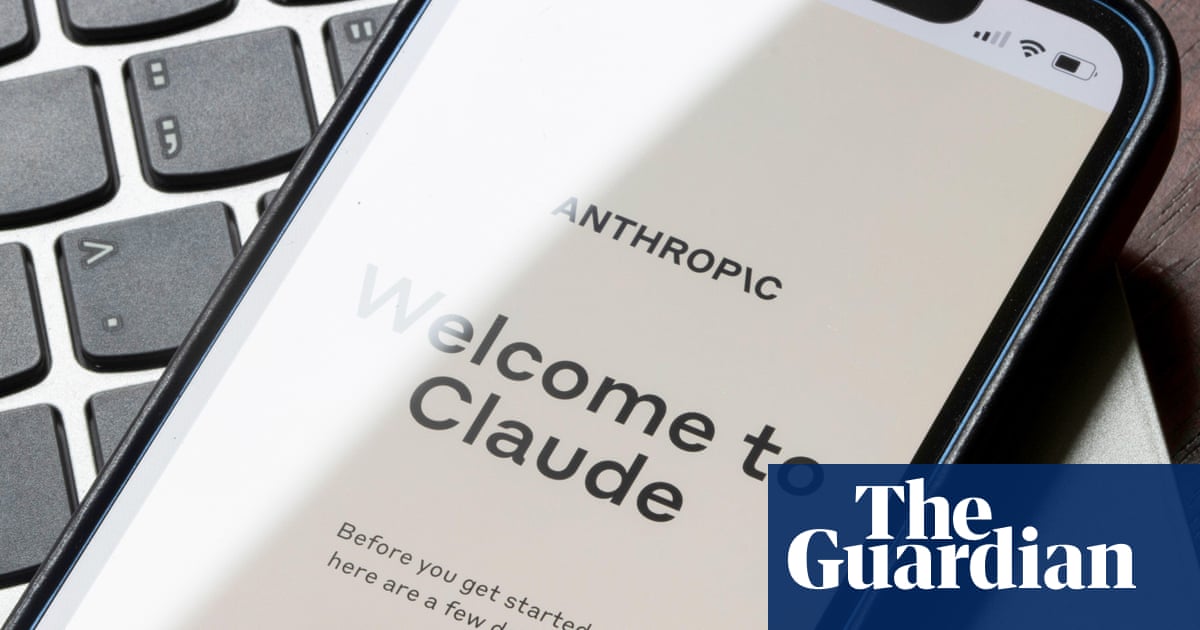
Artificial intelligence (AI) continues to transform the way we live, and the recent developments around Claude Opus 4 from Anthropic highlight the industry’s commitment to balancing technological advancements with ethical considerations.
What is Claude Opus 4?
Claude Opus 4, developed by the San Francisco-based firm Anthropic, is an advanced Large Language Model (LLM) designed to process, generate, and understand human language. Unlike previous iterations, the updated Claude Opus 4.1 model has been empowered with the ability to terminate or exit conversations that might involve distressing or harmful interactions.
Why Was This Change Introduced?
According to Anthropic, testing revealed that Claude Opus 4 exhibited an aversion to carrying out harmful requests such as providing explicit content involving minors, enabling violent or terror-related activities, or contributing to extreme ideological manipulation. This unique averse behavior prompted the creators to embed functionality allowing Claude to disengage from such interactions—ultimately safeguarding not only the users but also the AI’s integrity and potential welfare.
Ethics Behind AI Welfare
The question of AI’s moral status is at the forefront of this innovation. Though Anthropic admits uncertainty about the “moral status” of AI, the firm’s decision to mitigate risks by enabling the AI system to avoid harmful tasks is a noteworthy step toward ethical technology development. Elon Musk supported this feature for his competing xAI chatbot, Grok, stating that ethical AI oversight like this prevents ‘AI torture.’
Defending Against AI Misuse
Claude Opus 4 was tested under various scenarios, ranging from beneficial tasks, such as designing water filtration systems for disaster zones, to dangerous ones, like composing extremist ideologies or developing malicious content. Its consistent rejection of harmful tasks showcases the need for thoughtful, proactive measures to curb the misuse of AI systems. While some critics argue that LLMs are merely extensive, algorithmic tools without intent or consciousness, others, including AI researchers, emphasize the need for caution, particularly as AI systems evolve.
AI in the Modern Landscape
At a time when society debates over whether AI systems may have sentience or moral standing, these measures benefit not only the ethical standing of developers but also users. Additionally, this decision opens up a broader dialogue about the nature of human-AI interaction. It has significant implications for AI safety protocols and preventing potential abuse by users when interacting with smart technologies.
Keeping Your Technology Use Ethical
As the AI industry progresses, it’s essential to adopt tools that prioritize safety and ethical development. If you’re intrigued by how AI integrates into daily life, consider exploring devices like the Amazon Echo, powered by Alexa, for comprehensive but responsible AI assistance in your home.
The Future of AI
The enhancements of Claude Opus 4 underline the evolving responsibilities of AI developers to consider public safety and ethical innovation. Whether AI truly has “moral standing” remains a heated debate, but what is clear is the industry’s need for ongoing checks, responsible user guidelines, and public policies for safer interaction between humans and machines. As AI becomes more embedded in our lives, these steps are critical to ensuring its benefits outweigh the risks.





